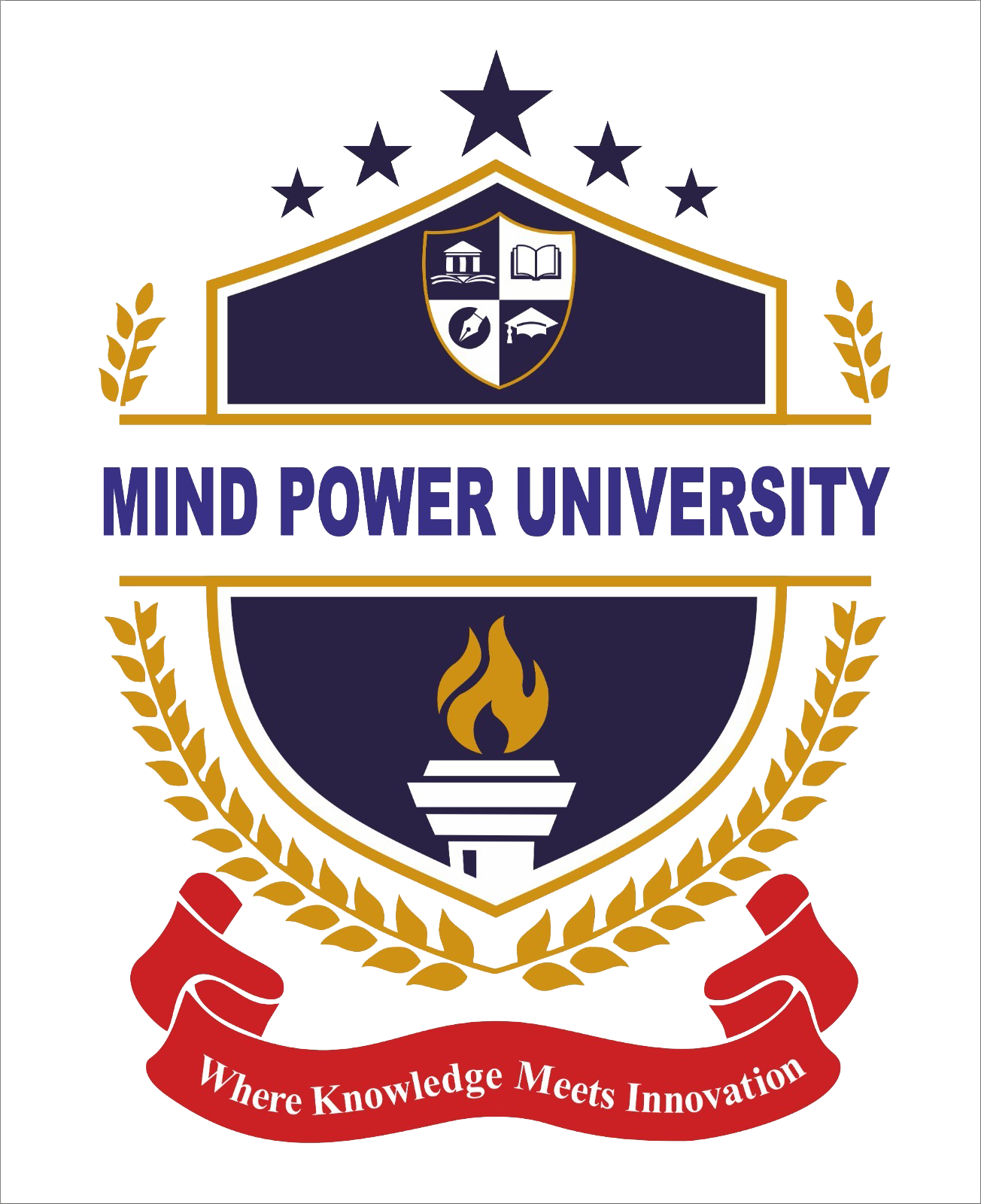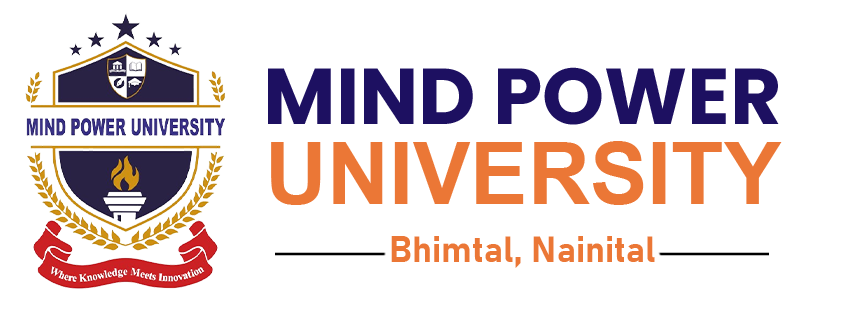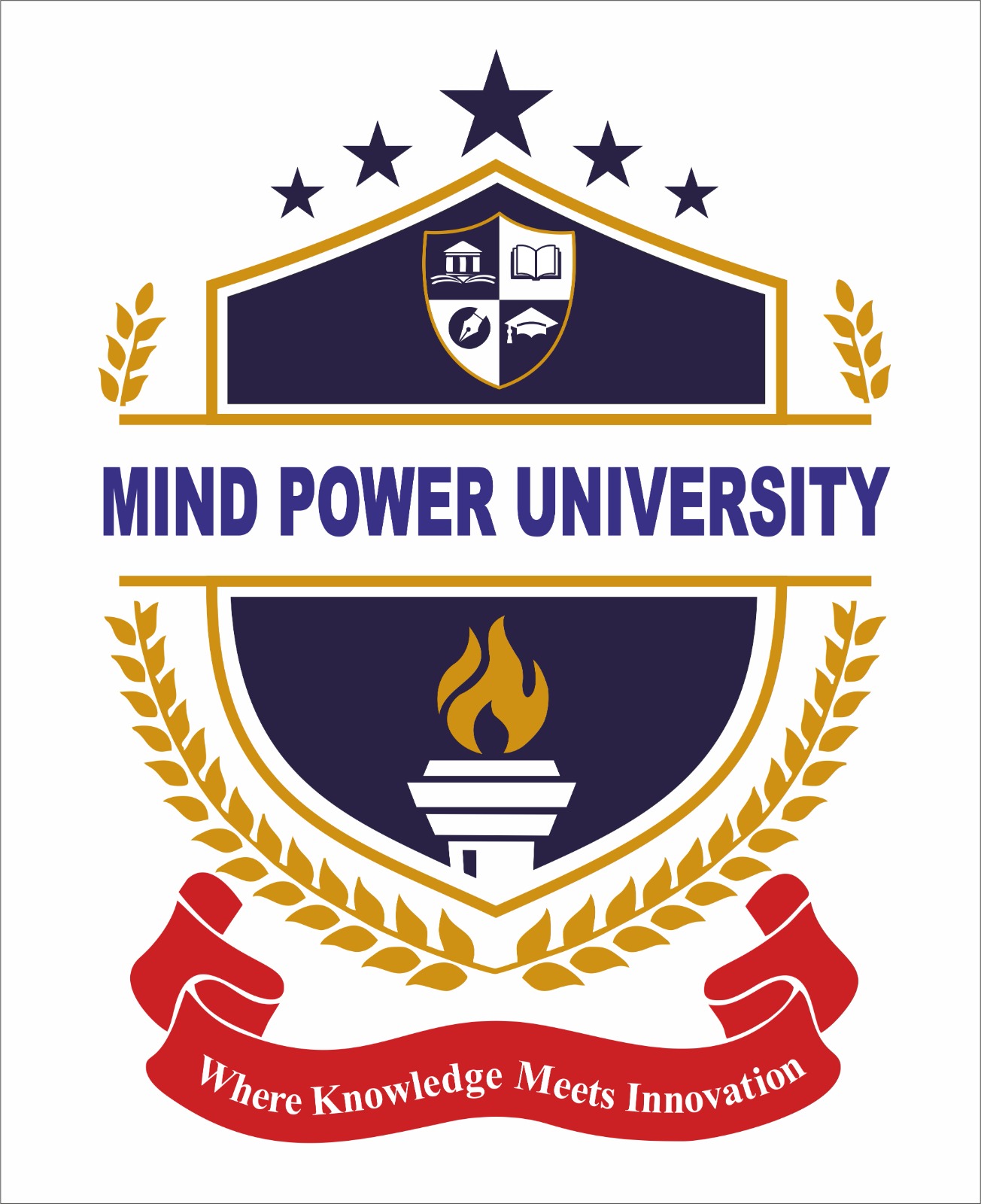 Bachelor of Education (B.Ed)
Bachelor of Education (B.Ed)
Duration
2 Years
Registration Fee
Contact on :- 8882822265
Exam Fee/ Module
Contact on :- 8882822265
Teaching is a broad phrase that encompasses both at-home and away-from-home settings. There are differing opinions expressed regarding its procedure and if it should follow social norms or be subject to specific requirements.
A thorough investigation reveals that the procedure needs to adhere to a few tried-and-true strategies, which are eventually evident in bachelor's degrees like the B.Ed. After graduation, students complete a bachelor's degree in education, which is recognized as a professional degree that prepares them for employment as teachers in classrooms. It has been discovered that teachers appointed upon completion of a Bachelor of Education degree program are demonstrably superior than those without training.
Only after graduating from any stream can aspirants to the teaching-learning process enroll in a full-year program offered by the teachers' training department. With an emphasis on the principal's teaching technique, we designed a program for prospective teachers that we later termed Bachelor of Education, believing that it would prepare the candidate for secondary school levels.
Similar to an education diploma, the candidate enrolled in this degree program receives instruction in both theoretical subjects and real-world teaching techniques.
The curriculum offers actual teaching in public and private schools after 10 months of theory classes (micro lessons), enabling aspiring teachers to meet all the requirements of the teaching process.
Education Psychology, Education Philosophy, Guidance and Counseling, Education Culture and Human Values, and two Teaching Subjects are common course contents.
| Eligibility | Candidates with at least 50% marks either in Bachelor’s Degree and/or in Master’s Degree in Science/ Social Science/ Humanities OR Bachelor’s in Engineering or Technology with specialization in Science and Mathematics with 55% marks or any other qualification equivalent thereto, are eligible for admission into the programme. 5% relaxation for APST/ST/SC/OBC/PW Candidates. |
|---|
Contact on :- 8882822265
.jpg)
After completing a Bachelor of Education (B.Ed) degree, graduates have a variety of career paths available to them in the field of education and related sectors. Here are some common career paths pursued by B.Ed graduates:
- Teacher: B.Ed graduates are qualified to work as teachers in primary, middle, or secondary schools. They can teach subjects in their area of specialization, such as English, mathematics, science, social studies, or languages. Teachers play a crucial role in educating and shaping the lives of students, providing instruction, guidance, and support in their academic and personal development.
- Educational Administrator: Graduates with a B.Ed degree can pursue careers in educational administration, working as school principals, vice-principals, department heads, or school counselors. Educational administrators are responsible for overseeing school operations, curriculum development, staff management, student discipline, and community relations.
- Curriculum Developer/Instructional Designer: B.Ed graduates can work as curriculum developers or instructional designers, creating educational materials, lesson plans, and teaching resources for schools, colleges, or educational publishers. They may collaborate with educators, subject matter experts, and technology specialists to design innovative and effective learning experiences.
- Educational Consultant: B.Ed graduates may work as educational consultants, providing advice, training, and support to schools, educational institutions, or government agencies. They may specialize in areas such as curriculum design, teacher professional development, educational technology integration, assessment and evaluation, or school improvement initiatives.
- Education Policy Analyst/Researcher: Analyst/Researcher: Graduates with a B.Ed degree can work as education policy analysts or researchers, conducting research, analyzing data, and evaluating educational policies and programs. They may work for government agencies, research institutes, think tanks, or advocacy organizations, influencing education policy and promoting evidence-based practices.
- School Counselor: B.Ed graduates with training in counseling psychology can work as school counselors, providing academic, career, and personal counseling to students. School counselors help students navigate academic challenges, social issues, and career planning, supporting their emotional well-being and academic success.
- Special Education Teacher: Graduates with specialized training in special education can work as special education teachers, providing instruction and support to students with disabilities or special needs. Special education teachers adapt curriculum materials, develop individualized education plans (IEPs), and collaborate with other professionals to meet the unique needs of students with disabilities.
- Adult Educator/Trainer: B.Ed graduates can work as adult educators or trainers, teaching adult learners in settings such as community colleges, vocational training centers, adult education programs, or corporate training departments. They may deliver instruction in subjects such as literacy, English as a second language (ESL), vocational skills, or professional development.
- Education Technology Specialist: Graduates with an interest in educational technology can work as education technology specialists, integrating technology tools and resources into teaching and learning. They may provide training and support to teachers, develop digital learning materials, or design online courses and educational software.
- Educational Entrepreneur: Some B.Ed graduates may choose to start their own educational businesses or ventures, such as tutoring centers, coaching institutes, online learning platforms, or educational consulting firms. They may develop innovative educational solutions, products, or services to address specific learning needs or market demands.
Overall, a Bachelor of Education degree provides graduates with a solid foundation in educational theory, pedagogy, and practice, preparing them for diverse and rewarding career opportunities in the field of education. Graduates can pursue careers as teachers, administrators, counselors, consultants, researchers, or entrepreneurs, making a positive impact on the lives of learners and contributing to the improvement of educational systems and practices.







